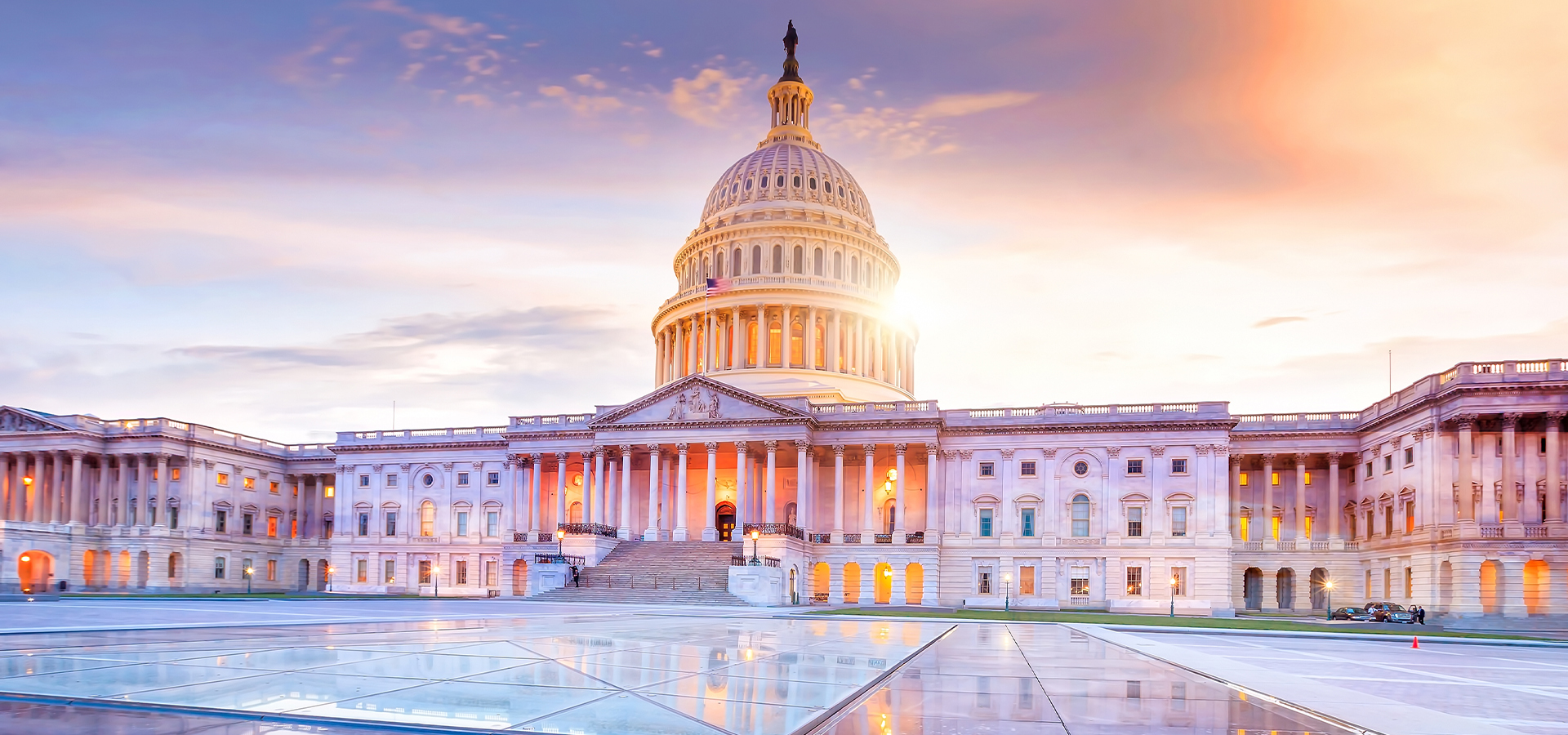Homeowners associations (HOAs) are predominantly shaped by state law. They are authorized by state legislatures through enacted statutes, and their operation is mainly directed by these state laws and regulations. However, this does not imply that federal laws are without influence.
A number of federal laws exert direct control over the operations of HOAs, stipulating what an association can and cannot do, and offering safeguards for homeowners and the general public.
Even unintentional violations of federal law can lead to severe penalties. Thus, it's critical that homeowners, board members, and officers are well-versed with the federal laws that pertain to HOAs.
The Americans with Disabilities Act of 1990 (ADA), codified under 42 U.S.C § 12101, et seq, is another law that affects homeowners associations, although its applicability is not as broad as the Fair Housing Act (FHA). The ADA significantly influences homeowners associations, particularly those with communal spaces that are accessible to the general public.
Established in 1990, this law was designed to prevent discrimination against individuals with disabilities in various areas including employment, transportation, public accommodations, communications, and access to government programs and services. For HOAs, the aspect of "public accommodations" is the most pertinent, although larger associations may also be regulated by the ADA in terms of employment.
The Fair Housing Act (FHA) forbids discrimination in housing on the grounds of race, color, religion, sex, familial status, and national origin. A later amendment incorporated disability into the list of "protected classes" defined by the FHA (42 U.S.C. §3604).
According to this law, an HOA cannot execute any adverse action that impairs a person's rights to purchase, rent, or enjoy the use of real estate based on their belonging to a protected class.
Not only would exclusionary covenants that bar sales or leases to individuals within a protected class breach the FHA, but the law also forbids certain activities that may not be obviously discriminatory at first glance.
The Fair Debt Collection Practices Act (FDCPA), codified at 15 U.S.C. § 1692 and following, is a federal law that governs the practices of "debt collectors" who routinely seek to collect consumer debts on behalf of third parties. The law, outlined in 15 U.S.C. §1692a(6), stipulates certain obligations of debt collectors, such as the requirement to provide specific notifications to debtors.
Additionally, the FDCPA establishes restrictions on the methods of communication debt collectors can use and generally prohibits them from engaging in harassment or abusive behavior toward consumers. These guidelines and prohibitions can be found in 15 U.S.C. §1692b and c.
The Fair Debt Collection Practices Act (FDCPA), 15 U.S.C. § 1692 et seq., regulates “debt collectors” who regularly attempt to collect debts owed to third parties by consumers. 15 U.S.C. §1692a(6).
The law requires certain notices to debtors, prohibits certain forms of communications, and generally bans harassment or abusive conduct by debt collectors toward consumers. 15 U.S.C. §1692b and c.
The Fair Debt Collection Practices Act (FDCPA), 15 U.S.C. § 1692 et seq., regulates “debt collectors” who regularly attempt to collect debts owed to third parties by consumers. 15 U.S.C. §1692a(6).
The law requires certain notices to debtors, prohibits certain forms of communications, and generally bans harassment or abusive conduct by debt collectors toward consumers. 15 U.S.C. §1692b and c.
The Fair Debt Collection Practices Act (FDCPA), 15 U.S.C. § 1692 et seq., regulates “debt collectors” who regularly attempt to collect debts owed to third parties by consumers. 15 U.S.C. §1692a(6).
The law requires certain notices to debtors, prohibits certain forms of communications, and generally bans harassment or abusive conduct by debt collectors toward consumers. 15 U.S.C. §1692b and c.
The Fair Debt Collection Practices Act (FDCPA), 15 U.S.C. § 1692 et seq., regulates “debt collectors” who regularly attempt to collect debts owed to third parties by consumers. 15 U.S.C. §1692a(6).
The law requires certain notices to debtors, prohibits certain forms of communications, and generally bans harassment or abusive conduct by debt collectors toward consumers. 15 U.S.C. §1692b and c.


